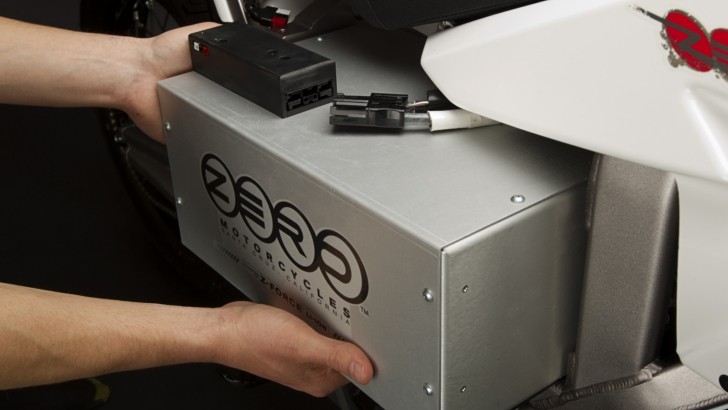Michel Cassir is an electrochemist an Director of Research for the CNSR (France). His involvement in the electric battery industry and hydrogen fuel cell goes deep and his work in the ParisTech laboratory readies the future of transportation.
In a recent interview with Jeremi Michaux, Cassir says that the hydrogen fuel cell has developed very much during the last years, Renault being a valuable partner of ParisTech and helping moving things forward.
Cassir adds that society will need not one or two technologies in the field of Sustainable Mobility, since there are a lot of problems which have to find a viable answer. A multitude of factors, such as existing resources of raw materials, various transport needs (routes, economical or geographical contexts and more) must be introduced in the big picture.
He believes that nobody can foresee which will the be reigning technology for the near future and it's very likely that hybrid and all-electric vehicles will coexist for a long time. Fuel cell-powered vehicles are expected in 2015-2017, but there is still a long way until they become as popular as the hybrid units.
However, while high-temperature fuel cells are a viable future for cars, the motorcycle industry cannot implement such devices, at least nut until they become small enough and better suitable for the completely different architecture of a motorcycle.
So that brings us to the motorcycle industry, for the moment relying on both old-school lead-acid and Li-Ion/ Li-Po batteries, with the latter becoming increasingly popular for several reasons: less weight, more cycles, and higher capacity, though for a bigger price.
Michel Cassir adds that there is still room for significant improvement in the field of the Lithium-Ion batteries, and bikes will benefit from the development triggered by the growing electric car market, too.
The new lithium-air (oxygen) technology is interesting, Cassir says, but it still needs a lot of development to make it stable and thus ready for consumer products. The electric battery will win tens of kilometers in the next five years, Cassir concludes, but it's too soon to foresee a true revolution in the battery industry, though exploring some new concepts could bring serious changes to the new automotive era.
Cassir adds that society will need not one or two technologies in the field of Sustainable Mobility, since there are a lot of problems which have to find a viable answer. A multitude of factors, such as existing resources of raw materials, various transport needs (routes, economical or geographical contexts and more) must be introduced in the big picture.
He believes that nobody can foresee which will the be reigning technology for the near future and it's very likely that hybrid and all-electric vehicles will coexist for a long time. Fuel cell-powered vehicles are expected in 2015-2017, but there is still a long way until they become as popular as the hybrid units.
However, while high-temperature fuel cells are a viable future for cars, the motorcycle industry cannot implement such devices, at least nut until they become small enough and better suitable for the completely different architecture of a motorcycle.
So that brings us to the motorcycle industry, for the moment relying on both old-school lead-acid and Li-Ion/ Li-Po batteries, with the latter becoming increasingly popular for several reasons: less weight, more cycles, and higher capacity, though for a bigger price.
Michel Cassir adds that there is still room for significant improvement in the field of the Lithium-Ion batteries, and bikes will benefit from the development triggered by the growing electric car market, too.
The new lithium-air (oxygen) technology is interesting, Cassir says, but it still needs a lot of development to make it stable and thus ready for consumer products. The electric battery will win tens of kilometers in the next five years, Cassir concludes, but it's too soon to foresee a true revolution in the battery industry, though exploring some new concepts could bring serious changes to the new automotive era.
